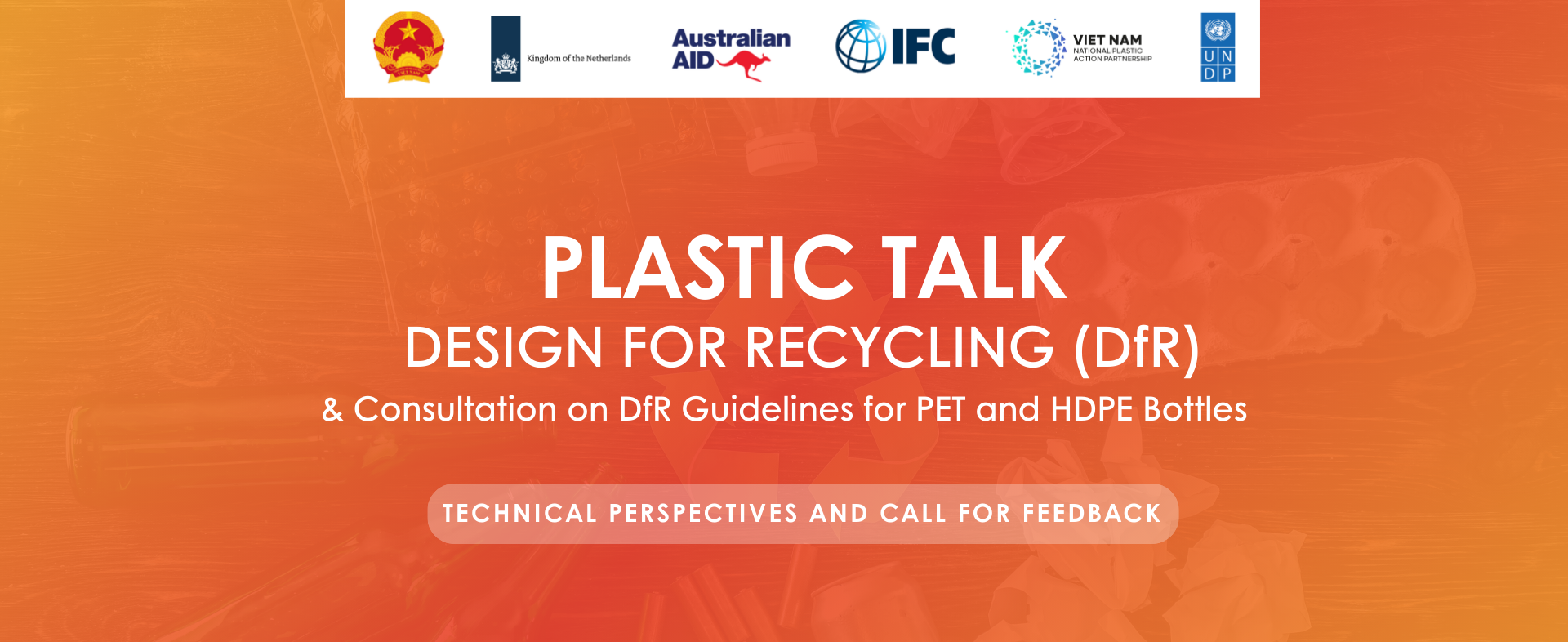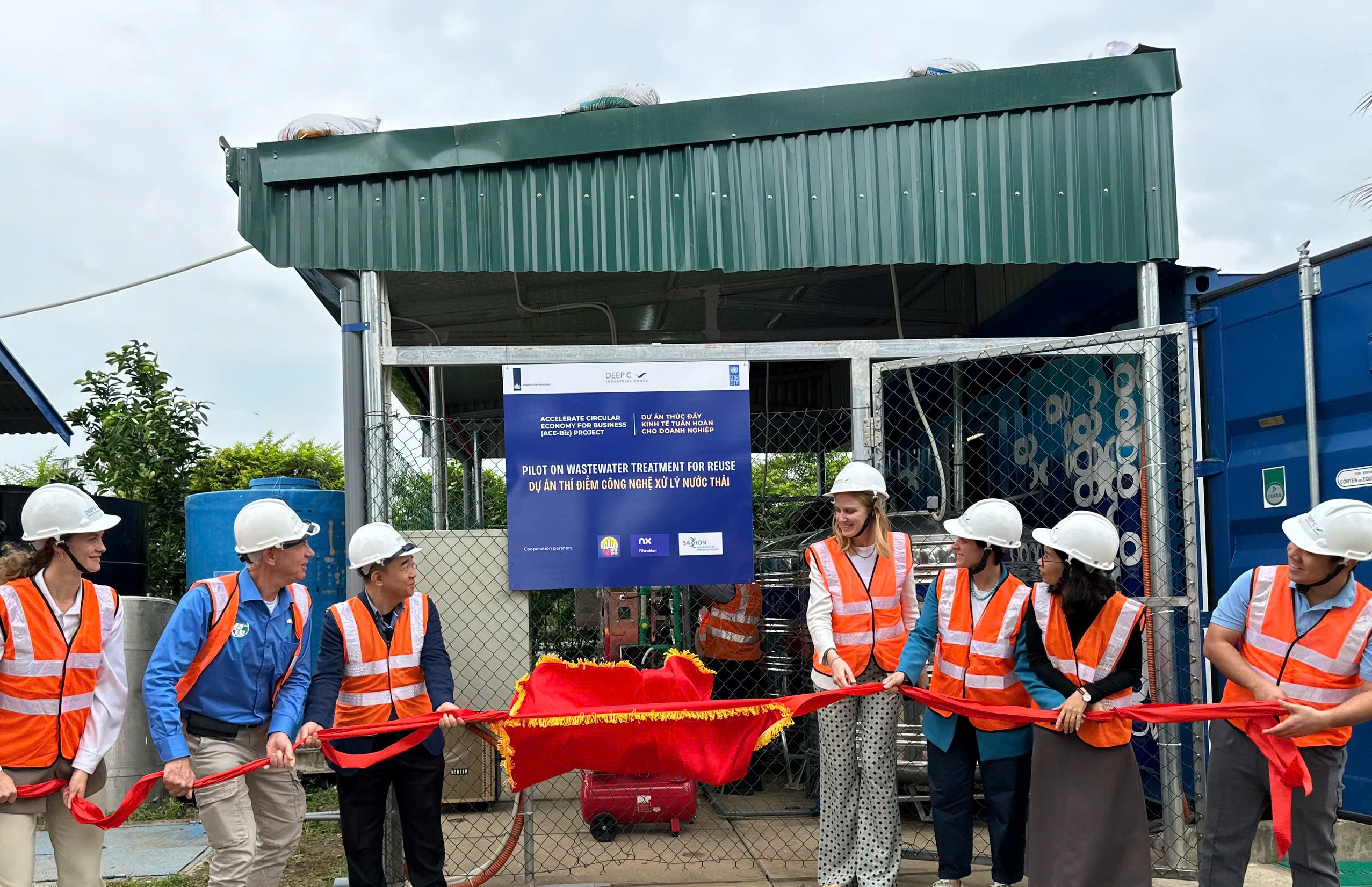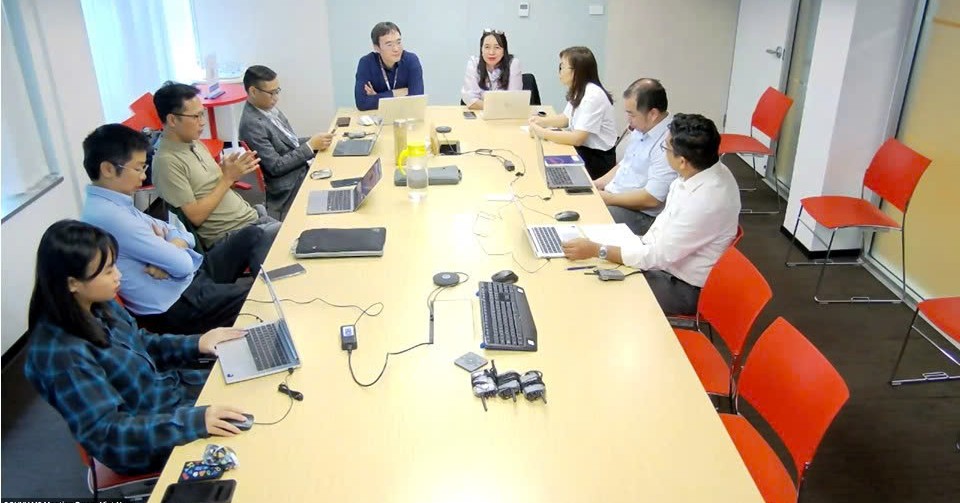The circular economy is a key strategic goal of the Netherlands, with an ambitious target to fully implement it by 2050. This vision spans across various sectors, with several pioneering interventions on transforming the key existing industries which are consumer goods, plastics, construction, manufacturing, biomass and food. Under its Circular Economy Programme (2023–2030), the Netherlands has identified priority product value chains with high material demand, including plastics, textiles, and electronic equipment.
The urgency of this transition is underscored by current data, eg: municipal waste amounts to over 9 million tons annually (CBS, 2024), the textile industry contributing a significant share of discarded materials that end up in residual waste and are incinerated (RVO, 2022). In other words, addressing even a single segment of the total waste stream, such as plastic packaging, requires substantial effort. Truly embedding circular economy principles across the product value chain will demand coordinated action, innovation, cooperation and commitment.
Viet Nam faces the similar emerging challenge, but on an even larger scale. With a population of more than 100 million and expected national urbanization rate of 45% in 2025 and 50% in 2030, the pressure on resources and waste management systems is immense. The country generates approximately 68,000 tons of solid waste daily (MAE, 2024), in which 70% is still handled by landfilling.
In response, the country has adopted the National Action Plan on Circular Economy in 2025, mandated the Extended Producer Responsibility (EPR) regulation in accordance with the Law on Environment 2020, and issued the National Program on Sustainable Production and Consumption towards green and circular practices.
With legal frameworks in place, the next question is: What are the key enablers to accelerate circular economy implementation?
The alignment in national targets between the Netherlands and Viet Nam has urged stronger engagement and international partnership from industries and businesses. The partnership between two countries was reinforced by the 2020 Joint Statement between the Ministry of Foreign Affairs of the Netherlands and Viet Nam’s Ministry of Industry and Trade, and together launching the Accelerate Circular Economy for Business (ACE-Biz) project.
The ACE-Biz project aims to contribute to circular development, by transforming business, formulating circular guidelines, delivering capacity-building program and fostering technology transfer. It focuses on high-impact sectors such as plastics, packaging, waste, wastewater, and textiles.

The signing of Memorandum of Understanding between four enterprises, including DeepC Industrial Park Management Company and NX Filtration and with the Letter of Intent between Duy Tan Recycling and BASF-Chemetall.
Innovation and Practice from the Netherlands:
Innovative Business Models: Companies are designing, testing, and piloting new models using advanced tools and applied research—not only in academic institutions like Saxion University of Applied Sciences, but also through hands-on digital platforms and prototyping.
Technology with Practical Impact: Solutions are developed and refined through real-world testing. For example, Frankenhuis (Boer Group) tackles textile waste through mechanical recycling after primary sorting. Their focus on fiberization—grinding and sorting post-consumer and industrial textiles—produces feedstock for chemical recycling. Meanwhile, Enschede Textielstad supports reuse and recycling through sorting and weaving recycled or locally sourced yarns into garments and interior textiles. Despite varying business sizes, both have built systems aligned with local waste management and expanded their reach across Europe through corporate partnerships.
Market-Driven Innovation: Demand is increasingly shaped by innovative products, not just environmental concerns. Companies like Dynteq, NX Filtration, and the ThermoPlastic Composites Application Center (TPRC) at Saxion University are developing cutting-edge solutions that respond directly to market needs.
These examples highlight how the Netherlands has turned its circular vision into reality by combining technology, market-driven innovation, and collaboration among businesses, academia, and local governments.
On the other side, Vietnamese enterprises offer strong potential with essential role in product value chain, access to local markets, feedstock sources, and favorable conditions for applying and scaling circular models and technologies. These opportunities were highlighted during the Business Event on 4 October 2025, where companies, working in plastic and packaging, chemicals, wastewater treatment and environmental technology, textile, innovation and digital solution, explored collaboration in green innovation and circular economy between two countries.
A key milestone of the Business event was the signing of Memorandum of Understanding between four enterprises, including DeepC Industrial Park Management Company and NX Filtration, alongside with the Letter of Intent between Duy Tan Recycling and BASF-Chemetall. Furthermore, it has been observed that other topics, such as low value plastic waste, solar Photovoltaic (PV) panels and e-wastes, were attracted much interest. These partnerships mark the beginning of deeper cooperation, with more financing expected to be unlocked through support from governments, diplomatic agencies, and development partners such as UNDP.
As Viet Nam accelerates its transition toward a circular and green economy, cooperation between the government, private sector, and international partners will be crucial. The Netherlands–Viet Nam partnership demonstrates how shared vision, innovation, and private-sector leadership can drive systemic change.
From circular textiles to water reuse and low-value plastic recovery, these collaborations offer valuable lessons and tangible solutions that can help both nations and others across the region, move toward a more sustainable, resource-efficient, and resilient future.
















